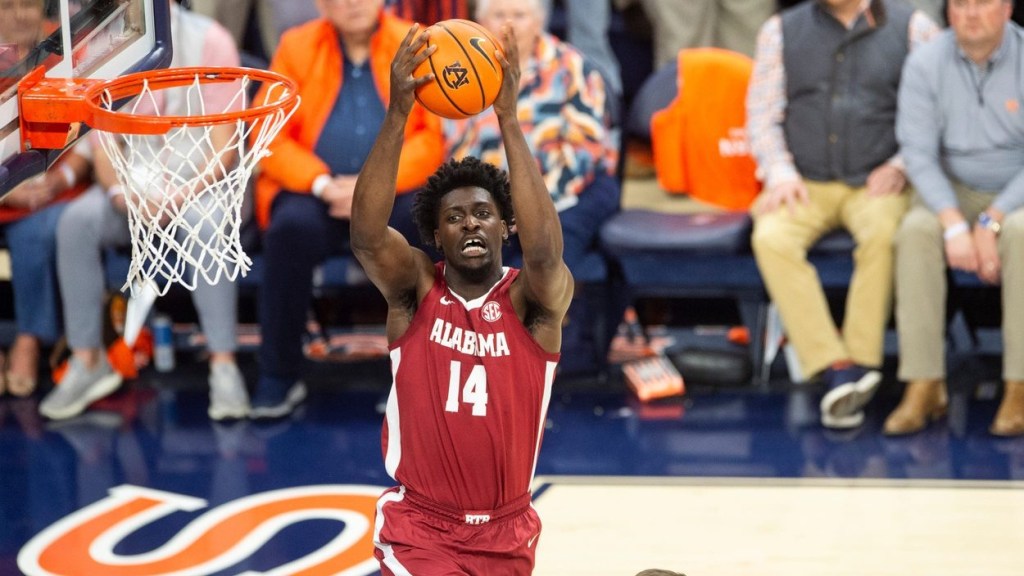In yet another potential move by the SEC and Big Ten to separate themselves from the rest of college sports, the two conferences are discussing a football scheduling alliance aimed at further strengthening both conferences.
LSU head coach Brian Kelly said at SEC spring meetings this week in Florida that coaches in the conference are strongly in favor of establishing a more formal structure to create an annual set of non-conference games involving teams from the Big Ten.
“As coaches, I can speak for the room: We want to play Big Ten teams,” Kelly said. “We’ve made our voices clear. Our ADs know that we would like that. Our commissioner obviously heard us as well. The rest will be up to what gets negotiated.”
Currently, non-conference games involving teams from the SEC and Big Ten are scheduled more on an individual basis, with teams such as Alabama already more aggressive in pursuing such matchups. What’s now being discussed is moving to a larger and more established framework to create these games.
“One [way to do this] is to just stay out of it, kind of like we do now. The second is you try and facilitate more,” said SEC commissioner Greg Sankey. “The third is we agree both for a mandate. That third one is incredibly difficult.”
Complicating factors would be existing scheduling requirements and obligations, such as in-conference games and the preservation of non-conference, in-state rivalries such as Georgia–Georgia Tech, Florida–Florida State, and South Carolina–Clemson. The obvious benefits, however, from an SEC–Big Ten scheduling alliance would include creating more attractive contests for the conferences and their TV rights holders, as well as enhancing the opportunities for both conferences to further dominate the College Football Playoff.
Competitive Envy
Some of Kelly’s sentiment also comes from the Big Ten’s Ohio State and Michigan claiming the last two national titles after a run of four straight championships by SEC teams.
“The Big Ten right now holds it on the SEC,” he said. “That’s the reality of it. We want to get challenged in that regard, and we’d like to be able to get that done.”
The SEC–Big Ten scheduling discussion also intertwines with a separate one surrounding a potential expansion of the CFP to 16 teams. While consensus is growing strongly toward a 16-team format, how those slots are populated remains a subject of fierce debate. One leading option would be a “5+11” model in which the five highest-ranked conference champions get five automatic bids, followed by 11 at-large ones, but nothing is set.
“The best system should be 16, and it should be the 16 best,” said Ole Miss coach Lane Kiffin.
Earlier this week, Sankey suggested a larger potential separation by the SEC from the NCAA and said he has “people in my room asking, ‘Why are we still in the NCAA?’”

















